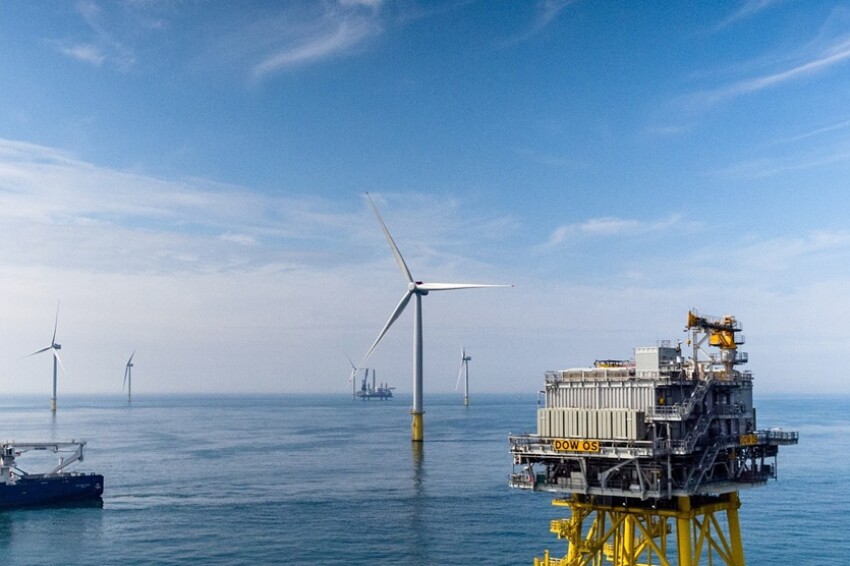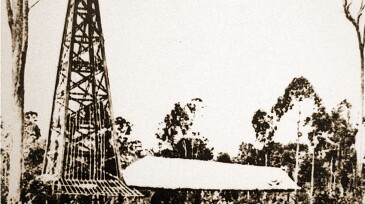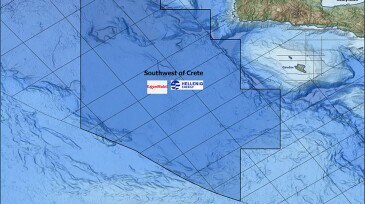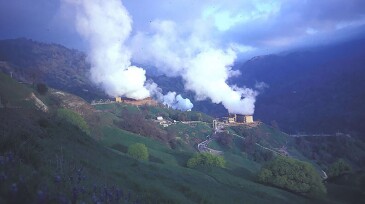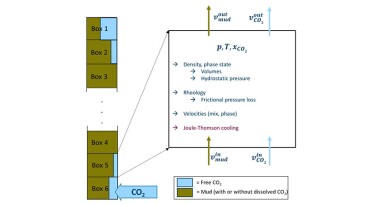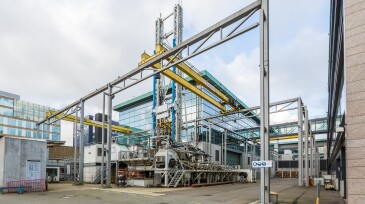Management
The organization has launched Industrial Services in an effort to support growing energy and infrastructure markets.
Spanish company Moeve has teamed up with Masdar and Enalter on the first phase of the Andalusian Green Hydrogen Valley, which aims to supply renewable fuels to hard-to-abate sectors.
The Middle East’s largest unconventional gas development officially begins production as Saudi Aramco targets 6 million BOE/D of gas and liquids capacity by 2030.
-
The road to a low-carbon world is paved with more than just shiny new facilities and the promise to deliver impressive CO₂ reductions from the atmosphere. Without the software to site, monitor, and maintain those facilities, the drive for net zero would be stuck in neutral.
-
The birthplace of Royal Dutch Shell, Indonesia and Malaysia, buck trends and grow their gas and oil industries, expecting a record number of final investment decisions in the next 4 years in gas, deep water, and carbon capture projects to support Southeast Asia’s booming economic growth.
-
Undergraduate education in petroleum engineering has survived the latest downturn in the industry, and enrollment has started to show an uptick in numbers. However, a different trend is evident in graduate training and academic research: the number of researchers being trained in oil and gas topics is drastically dropping.
-
There is no shortage of quantum technology applications in the upstream industry, from supply chain to well placement, making now the time to take it seriously.
-
Olivier Houzé discusses his views on SPE finances, including a historical perspective, the effects of downturns and the COVID-19 pandemic, ongoing recovery, and future plans.
-
Updates about global exploration and production activities and developments.
-
What we’ve learned about faster drilling in oil and gas applied just as well to geothermal development—until we reached The Geysers.
-
This paper aims to close some of the many knowledge gaps that exist in the field of drilling CO₂ storage wells, a task that is expected to involve handling an influx of CO₂ into the drilling fluid.
-
This paper describes a polymer-injection pilot in the Chichimene heavy oil field in Colombia.
-
SponsoredTesting new drilling technology in a controlled and monitored environment before it is launched to its full extent in the field—that is what the Rijswijk Center for Sustainable Geo-energy is all about.

